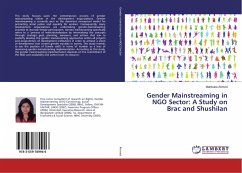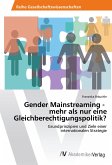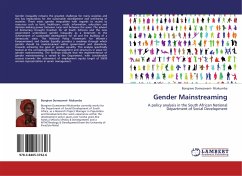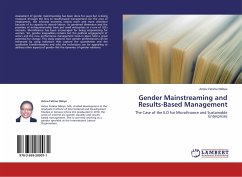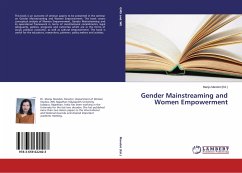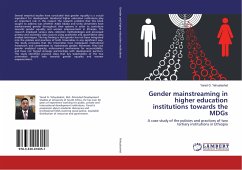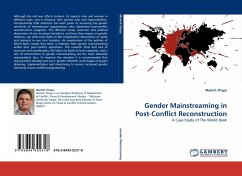This study focuses upon the contemporary process of gender mainstreaming within in the development organizations. Gender mainstreaming is currently seen as the dominant conceptual model for promoting social justice and equality for women. Consequently, many development organizations are undertaking gender-mainstreaming activities to increase female participation. Gender mainstreaming specifically refers to a 'process of institutionalization by internalizing the concepts through strategic goal, planning, measures, and actions that aim to explicitly develop the gender mainstreaming approaches within all projects and programmes' of development institutions in order to achieve a vision of development that creates gender equality in society. This study intends to see the position of female staffs in terms of number as a lens of measuring gender mainstreaming implementation. According to this study, the gender mainstreaming implementation depends on the commitment of the NGO and availability and control over its resource.
Bitte wählen Sie Ihr Anliegen aus.
Rechnungen
Retourenschein anfordern
Bestellstatus
Storno

